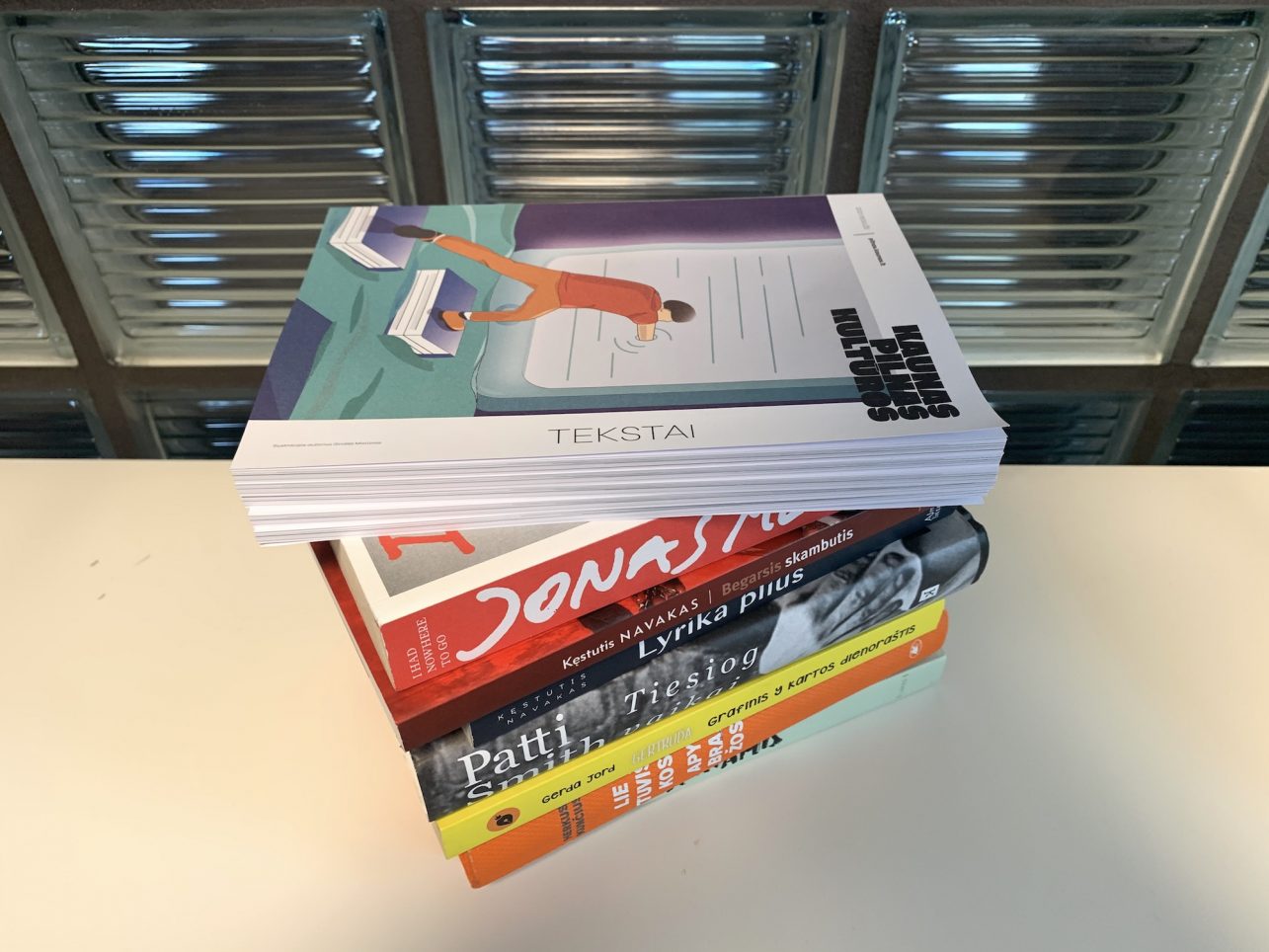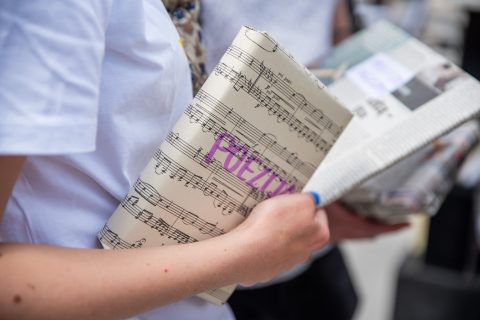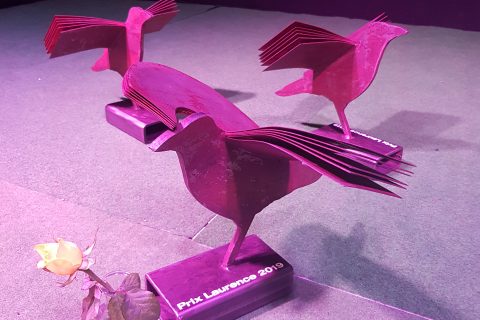
Kaunas as a capricious dreamer.
Kaunas as a mountain harbouring a little boat of Lithuania.
Kaunas as a dusty Old Town courtyard.
Kaunas as a swamp, a trap and a test.
Kaunas as a value system.
Kaunas as an urban bog.
Kaunas as Atlantis.
Kaunas as a masquerade.
Kaunas as a city of art.
Kaunas, speaking in literary terms, is always a myth. A myth arising from the earthly faces and epochs of the city. Kaunas as a city-fortress, as an enthusiastic temporary capital, as a closed city, as the cradle of the Reform Movement and as a playground for wild capitalism.
Kaunas is always new in texts. New as a place of a whirlwind of events, as a lyrical self, as an antagonist, as a double of the real, tangible, changing city that has stopped at a certain point in time, a white page, tamed with ink.
What will the future authors write about the early 21st century Kaunas, its old and new characters, archetypes and temporary fashions? So far, we don’t dare to expect and wonder. But the first such international festival of writers and books – Kaunas Literature Week – has already volunteered to focus on the writers born and living in Kaunas, especially the young authors and the promotion of their creative potential. We publish one young essay in this issue as well as interviews with festival organizers; Enrika Striogaitė, who received many evaluations for her collection of poems People (žmonės), translator Vytautas Dekšnys and Puota that is expanding the field of poetry. We are rehearsing the Kaunas literary tourist route and making a call to Luxembourg. It responds with an invitation to write.




